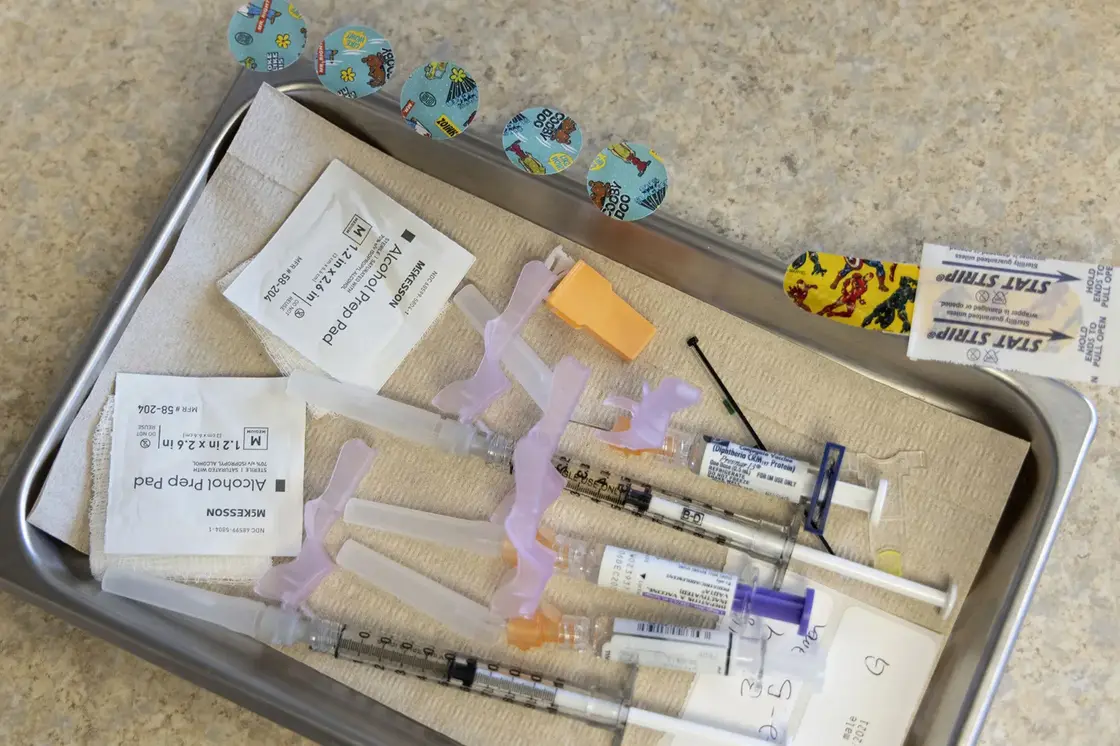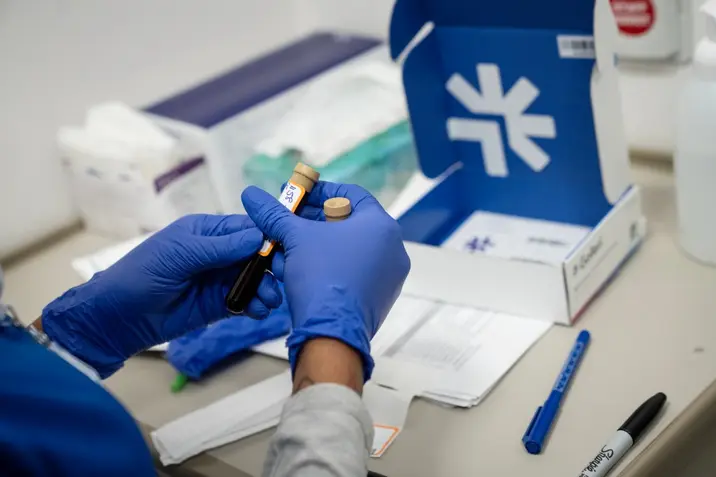T4K3.news
Cancer diagnosis causes steep rise in out-of-pocket costs for the insured
Privately insured patients face an average increase of over $590 monthly after being diagnosed with cancer.

New research underscores the financial burden a cancer diagnosis can impose on patients.
Cancer diagnosis significantly raises out-of-pocket costs for insured patients
A recent study published in JAMA Open Network reveals that a cancer diagnosis results in a significant increase in out-of-pocket costs for privately insured patients. On average, patients see their monthly expenses surge by $592.53 in the six months following their diagnosis. This financial burden is particularly pronounced among younger patients, often before they qualify for Medicare. As cancer progresses, these costs escalate, with patients at stage 0 facing an increase of $462 per month, and those at stage 4 incurring an additional $719.97. The research emphasizes the impact of treatment intensity at advanced stages, indicating a strong link between cancer severity and financial strain, which highlights an urgent need for policy reform to alleviate such burdens on patients.
Key Takeaways
"This result seems straightforward; later-stage disease is associated with more intensive workup and treatment that can drive higher medical expenditures."
This quote explains why costs increase as cancer progresses, indicating a relationship between disease severity and expenses.
"The research underscores the need for policies such as paid sick leave that address both insurance continuity and financial assistance."
This statement emphasizes a clear call for policy reforms to support cancer patients financially.
This research paints a concerning picture of the financial toll cancer exacts on individuals, particularly those with private insurance. The rising costs as the disease advances underscore the necessity for systemic changes in healthcare policies, such as implementing paid sick leave and improving financial assistance for patients undergoing treatment. As more people in younger age groups are diagnosed, these findings indicate that healthcare reform must prioritize coverage and support for those facing significant financial pressures due to their conditions.
Highlights
- Cancer treatment should not lead to financial ruin.
- Young patients face financial challenges during cancer treatment.
- Higher cancer stages mean greater medical costs and stress.
- Healthcare policies must evolve to support cancer patients.
Financial burden of cancer treatment raises concerns
The significant out-of-pocket costs posed by cancer diagnoses can create financial distress for patients, highlighting the need for policy interventions.
The study's findings challenge policymakers to reassess the financial landscape surrounding cancer care.
Enjoyed this? Let your friends know!
Related News

Rising cancer rates in young women

Parents rush to vaccinate children amid Medicaid fears

Increased early stage colon cancers reported in younger adults

Parents rush to vaccinate children amid Medicaid concerns

Colorectal cancer rises in younger adults as screening guidelines expand

Intermountain Health launches new endoscopy centers

Early screenings rise among 45 to 49

Rush begins offering new cancer detection blood test
